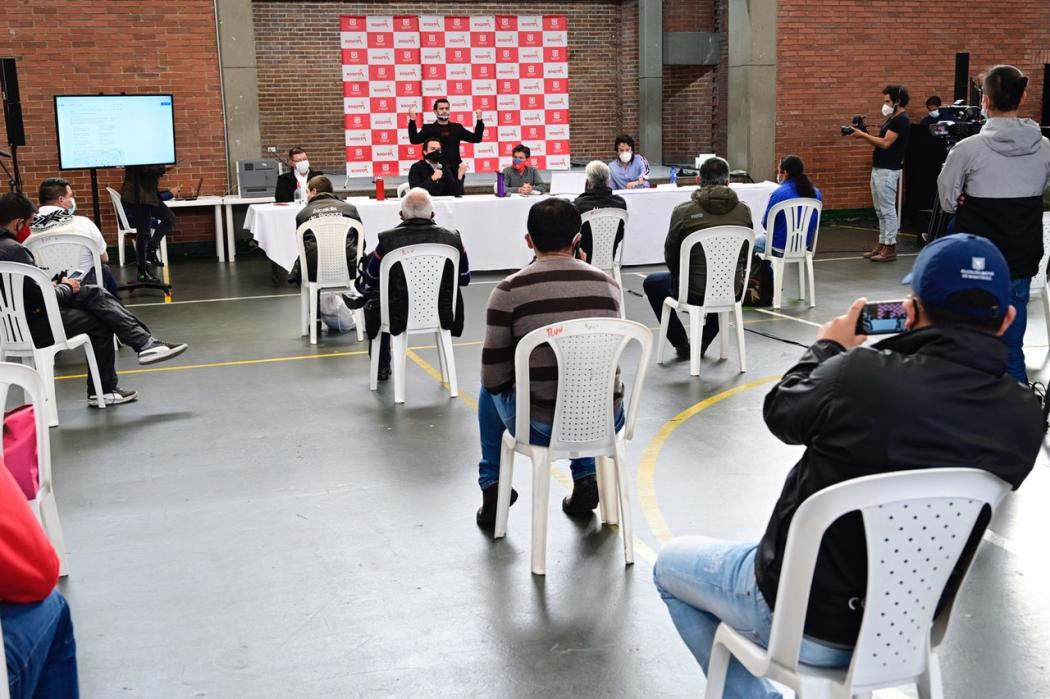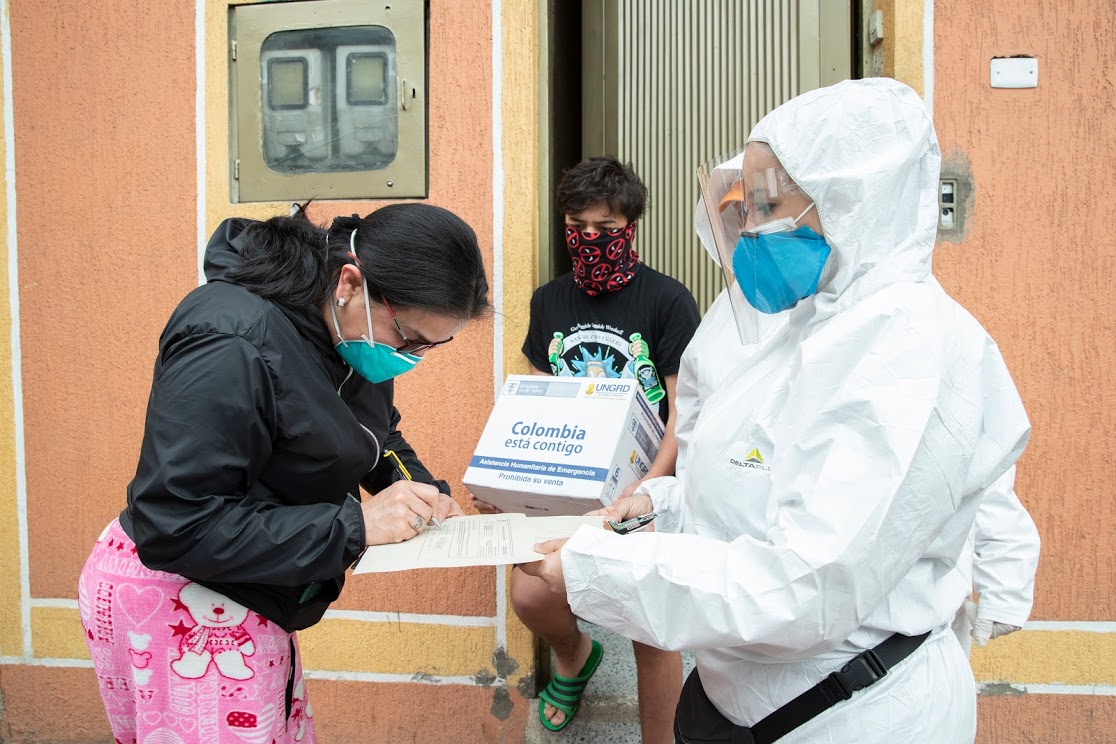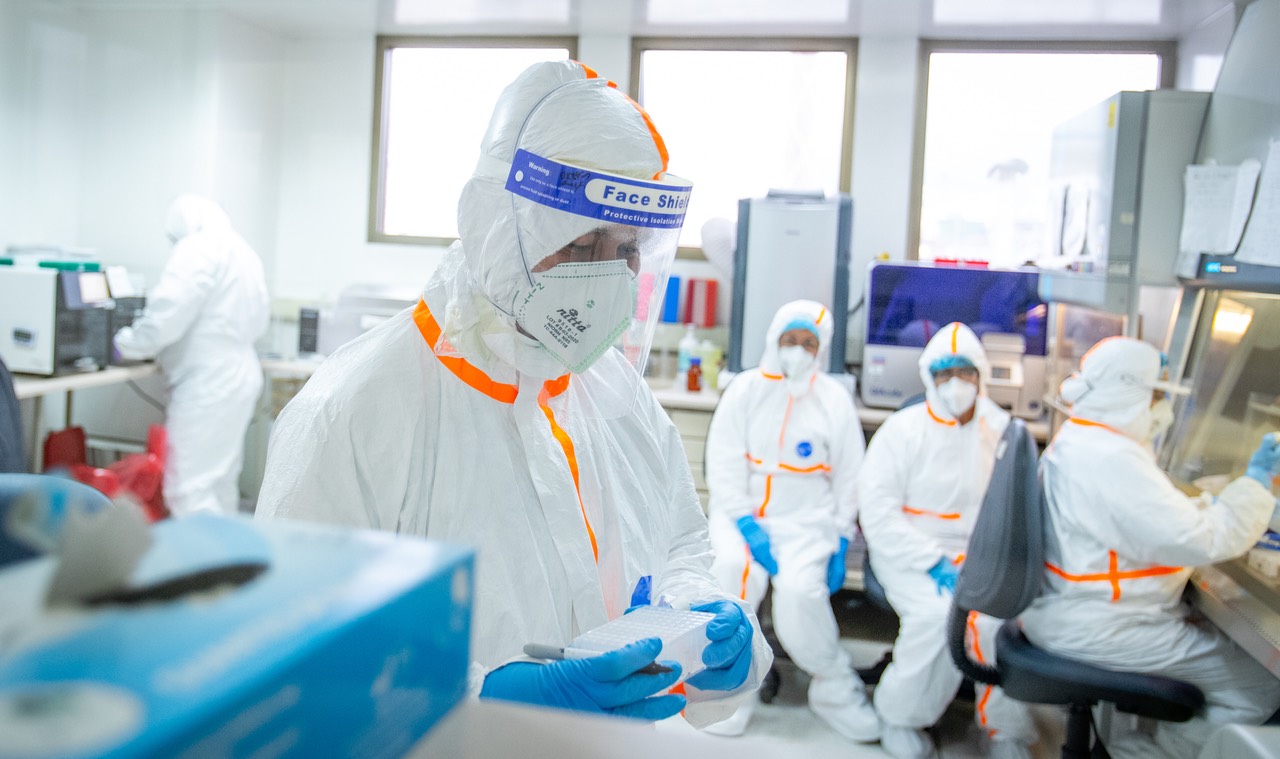The implementation of the Open Government policy announced by the Mayor of Bogotá Claudia López advances with positive results. Nearly 128,538 people registered and 40. 430 attended to the Citizen Meetings, a new alternative created to promote public participation.
The Citizen Meetings take place within the framework of the Local Development Plans (LDP) formulated for the territories in which the city is divided, known as localities. The LDPs determine the investment lines and the resource allocation for construction, social, environmental and cultural projects. That is why, since March 2020 the Mayor's Office enabled an e-government platform and a territorial strategy through which 50% of the local budgets were defined. Furthermore, the Citizen Meetings developed both online and onsite, keeping the protection measures for the pandemic.
Some of the attendees, previously registered in training for citizen participation organized by the Secretary of Government. In this sense, the Mayor's Office is also committed to encouraging the new generations to participate in public affairs and to fight against corruption. Therefore, teenagers from 14 years onwards were able to attend the courses.
A complete innovation
López administration marked an unprecedented event in Bogotá and Colombia, by giving the citizens the possibility to decide resource allocation for the first through Participatory Budgeting.
This tool allows the stakeholders to involve in the preparation, management and accountability of the local budgets. First, participants of the Citizen Meetings received an initial proposal of the LDPs. Next, they proceeded to debate the prioritization of five investment lines distributed in the following areas: 1) Development of the Local Economy, 2) Infrastructure, 3) Social and Cultural Development, 4) Sustainable Environmental Investments, and 5) Rurality. These five categories represent half of the LDPs funds.
Then, the Participatory Budgeting took place through an online and onsite voting procedure. Consequently, 51.979 citizens prioritized financing for the the following actions:
Road construction.
Strengthening of local participation.
Productive transformation.
Participation and transparency
With this strategy, the current city government seeks to guarantee accountability in resource management and greater citizen participation in public policies. This transformation takes place in a metropolis that has repeatedly suffered the consequences of corruption.
Generally speaking, the results show that the city is committed to developing the Citizen Meetings and the Participatory Budgeting has been a success as a tool for strengthening communities and a public management model worth replicating. With this idea, Bogotá confirms that Open Government is a necessity for a more democratic relationship between policymakers and citizens.








